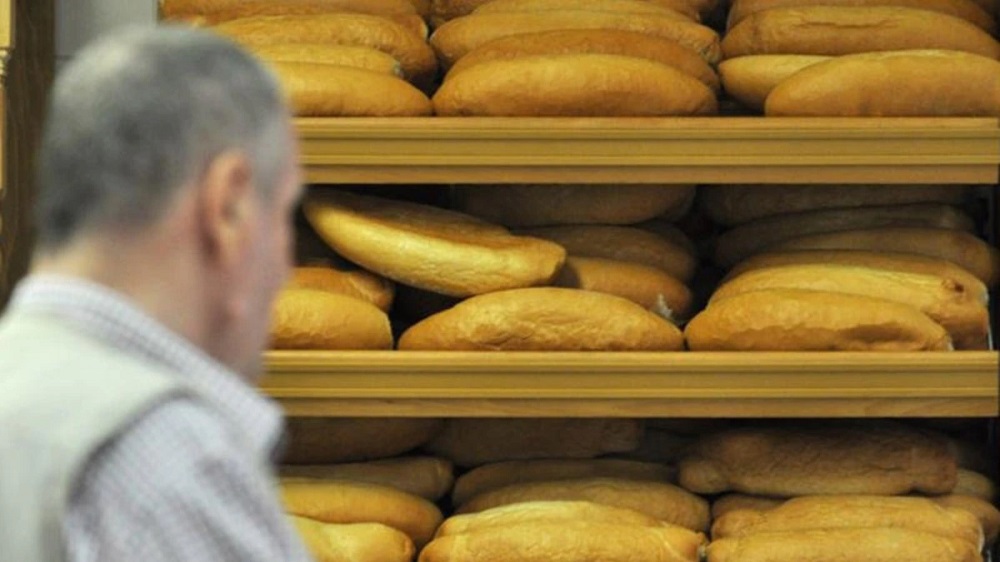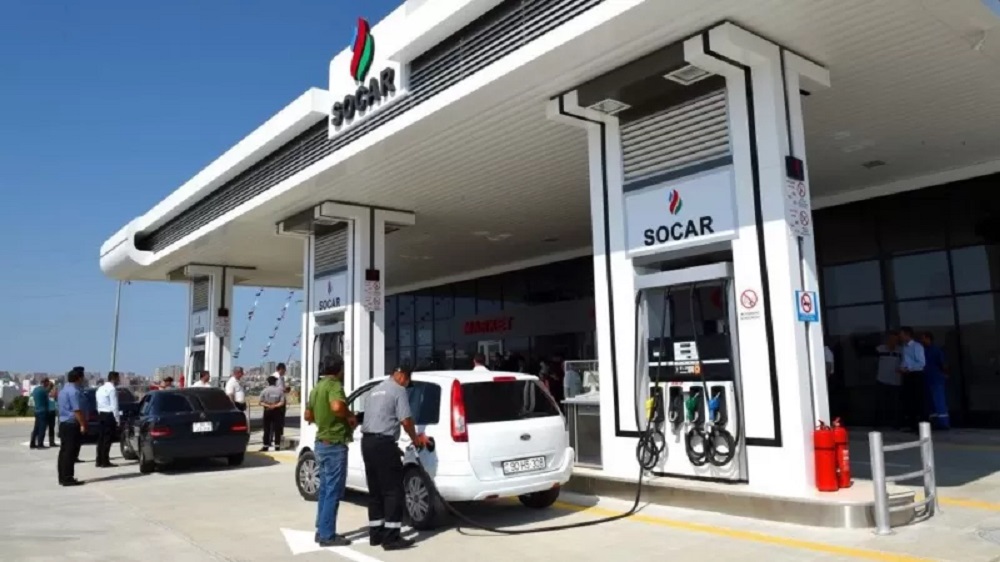"The number of taxis will be limited, prices will increase" - Azerbaijani Transport Minister
Public transport in Azerbaijan
“Taxi prices will definitely go up.” This was stated by the Minister of Digital Development and Transport Rashad Nabiyev. According to the amendments to the law “On Public Transport”, the activities of international network taxi services in Azerbaijan may be limited. Experts believe that this will not only create difficulties for the population, but also damage the image of the country. “The taxi market has grown as an alternative to public transport that you cannot build. How much progress are you going to make by choking off the alternative without solving the problem of public transport?” a young activist asks the Minister in an open letter.
- Georgia’s economic growth will slow by 4 percent – CNBC
- Manchester City win the Champions League final. Photo report
- Azerbaijani authorities to close criminal case against a number of NGOs begun in 2014
On June 12, at a meeting of the Committee on Economic Policy, Industry and Entrepreneurship of the Milli Majlis (parliament of Azerbaijan), the Minister of Digital Development and Transport, Rashad Nabiyev, said that there is no cheap taxi anywhere in the world:
“By the end of the year, we plan to build and use about 60 short lanes for public transport. Police allow regular cars to use public transport lanes during rush hours. But we will not allow this anymore, and the citizen himself will understand that he can get from point A to point B faster by bus.”
The minister also noted that “the goal is not to reduce the number of taxis, but to reduce the number of taxi rides.”
According to him, taxi aggregators are already sharing their data with them:
“Looking at this data, we see that most taxi trips are between 1.5 and 3 km. This distance can be overcome both on foot and by public transport. We can provide the population with public transport from their places of residence.”
The minister noted that about 67,000 taxis currently operate in Baku. Their average working day is 14-15 hours.
“They will not lose either their income or their jobs due to the reduction of working hours of these workers and some price adjustments in the market,” Nabiyev said.
Restrictions on international taxi services in the new law
At this meeting, deputy Elnur Allahverdiyev said that taxis in Baku are 4-5 times more than required. “It’s environmental damage as well as traffic jams.”
According to the MP, the number of people using the metro has decreased:
“The reason for this is the taxi. The most convenient mode of transport worldwide is the subway, but according to statistics, the use of the subway has declined. Taxi licensing conditions should be tightened. We have international taxi companies. In Turkey, the activities of these services are very seriously controlled. They recently banned UBER. This is reality”.
Speaking about the newly drafted law on public transport, MP Tair Mirkishili said that all countries impose restrictions on international taxi companies and the number of cars depends on the size of the city: “This restriction is also provided for in the new law.”
“Restrictions will hit Azerbaijan’s international image”
Expert economist Natig Jafarli believes that limiting the activities of international taxi companies in the country is a very risky strategy.
“If this happens, then government agencies should provide information about the reason for the suspension of Bolt and Uber. It will also deal a big blow to Azerbaijan’s international image. The government has repeatedly stated that it is working to attract foreign investors to the country. However, the removal of international network companies from the country or the imposition of restrictions on their activities is a very bad signal for investors and foreign companies,” the economist told Bakupost.az.
According to him, one cannot opt for a general punishment due to individual problems in taxi services:
“If any violations are found in their activities, appropriate measures must be taken. A certain amount of time should be allowed for the renewal of contracts and the adjustment of activities. If not corrected, a fine may be imposed. But in the current conditions, state bodies suddenly began to act aggressively against them. It is wrong to punish the company as a whole because of some individual problems. There are occasional reports of badly behaved drivers and drug problems. This is an individual problem, not a company-wide problem. Are there really no drug addicts in the country who do not drive a taxi? This is a personal crime of a particular person. There should be individual punishments for individual crimes.”
Jafarli also touched upon the rise in price of taxi services:
“Taxi prices are the only sector of the economy that has decreased in Azerbaijan over the past 10 years. Prices in some sectors, food and medicines have increased by 2-3 times. Taxi services not only did not rise in price, but even fell in price. The population is good enough. The suppression of taxi companies will lead to a monopoly. If there is no competition, a serious rise in the price of taxi services in the country is inevitable.”
“What alternative do you offer instead of a taxi?”
The news that taxi services will become more expensive has become a hot topic of discussion on social networks. Young activist Rustam Ismailbayli wrote an open letter to the minister on his Facebook page. The letter says:
“Rashad Nabiyev, you say that there are problems with public transport. We can say that too. The question is, what are you doing to solve these problems?
You want to make taxis inaccessible, but how about making the subway convenient? Did you manage to complete the issue of buying new trains, which began 13 years ago? How many new trains have you managed to bring every year during these 13 years?
What do you suggest to people who want to come home after midnight? What alternative do you offer night commuters if you make taxis unavailable?
You say that there are no such cheap taxis anywhere in the world. Have you calculated the incomes of people in the countries you are comparing with? Have you compared the public transport system in the capitals of the countries that you compare with Baku?
Where they open only one of the doors at the entrance to the subway and create artificial chaos so that the police can easily check everyone’s bag?
For example, taxis in Istanbul are very expensive, but there are 24-hour metrobuses, night buses, and a 24-hour metro on weekends.
Will you be able to bring the level of public transport service in Baku closer to the Istanbul ones along with the cost of a taxi?
To say “there is a problem with public transport” is an acknowledgment for the minister, but not progress.
The taxi market has grown as an alternative to public transport that you cannot build. How much progress are you going to make by suffocating the alternative to public transport without solving all the problems? Do you think it is profitable for people to travel the same road for 4-5 manats (about $2-3), instead of taking the subway for 40 kopecks (about $0.25)?
You also found a “scapegoat” — passengers order a taxi for 1.5-2 km of the road.
For example, the absolute majority of my orders are in the region of 15 km. Do you expect me to walk the entire Heydar Aliyev Avenue after midnight?”






















